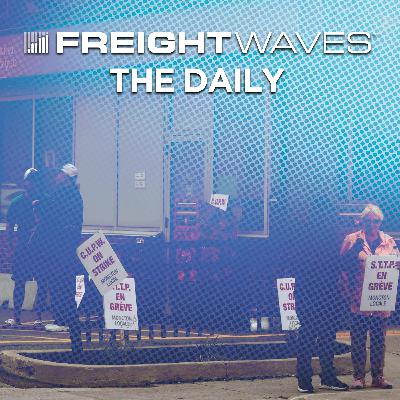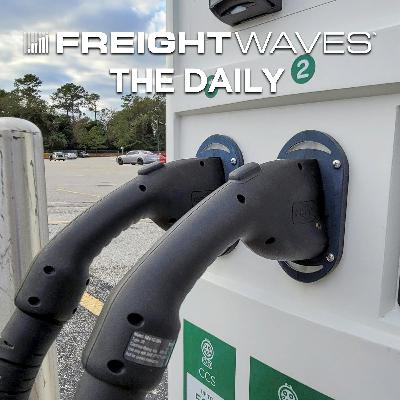The Daily | October 6, 2025
Description
The U.S. Department of Transportation issued an emergency order on September 26th mandating that states immediately stop issuing or renewing non-domiciled commercial learner’s permits and CDLs, targeting licenses often held long after their legal authorization to be in the U.S. had expired.
This crackdown follows a nationwide Federal Motor Carrier Safety Administration audit that linked at least five fatal crashes this year to improperly issued licenses. Industry analysis predicts a significant surge in bankruptcies especially among small and mid-size carriers who built their business models on skirting the law by using non-compliant labor willing to run severe hours-of-service violations.
Capacity issues are also global, as ongoing geopolitical uncertainty keeps ocean carriers away from the critical Suez Canal choke point. Maersk’s CEO, Vincent Clerc, stated that shipping firms are unlikely to return until security is “reliably restored” due to unacceptably high risks to crews and vessels. This continued rerouting around the Cape of Good Hope has caused container revenue for the Suez Canal Authority to plummet by as much as 60%, locking in elevated costs and longer transit times across the entire global supply chain.
Connecting these domestic compliance costs and global operational headwinds, Werner CEO Derek Leathers recently characterized freight rates as "stably horrible" for years in the address, noting that potential tariffs on Class 8 trucks made in Mexico could further inflate equipment costs and cap future capacity. Ultimately, this market reset is being structurally guaranteed not by a sudden demand boom, but by the simultaneous removal of illegal low-cost capacity domestically and persistent geopolitical risk that maintains a high operational cost ceiling globally.
Learn more about your ad choices. Visit megaphone.fm/adchoices










